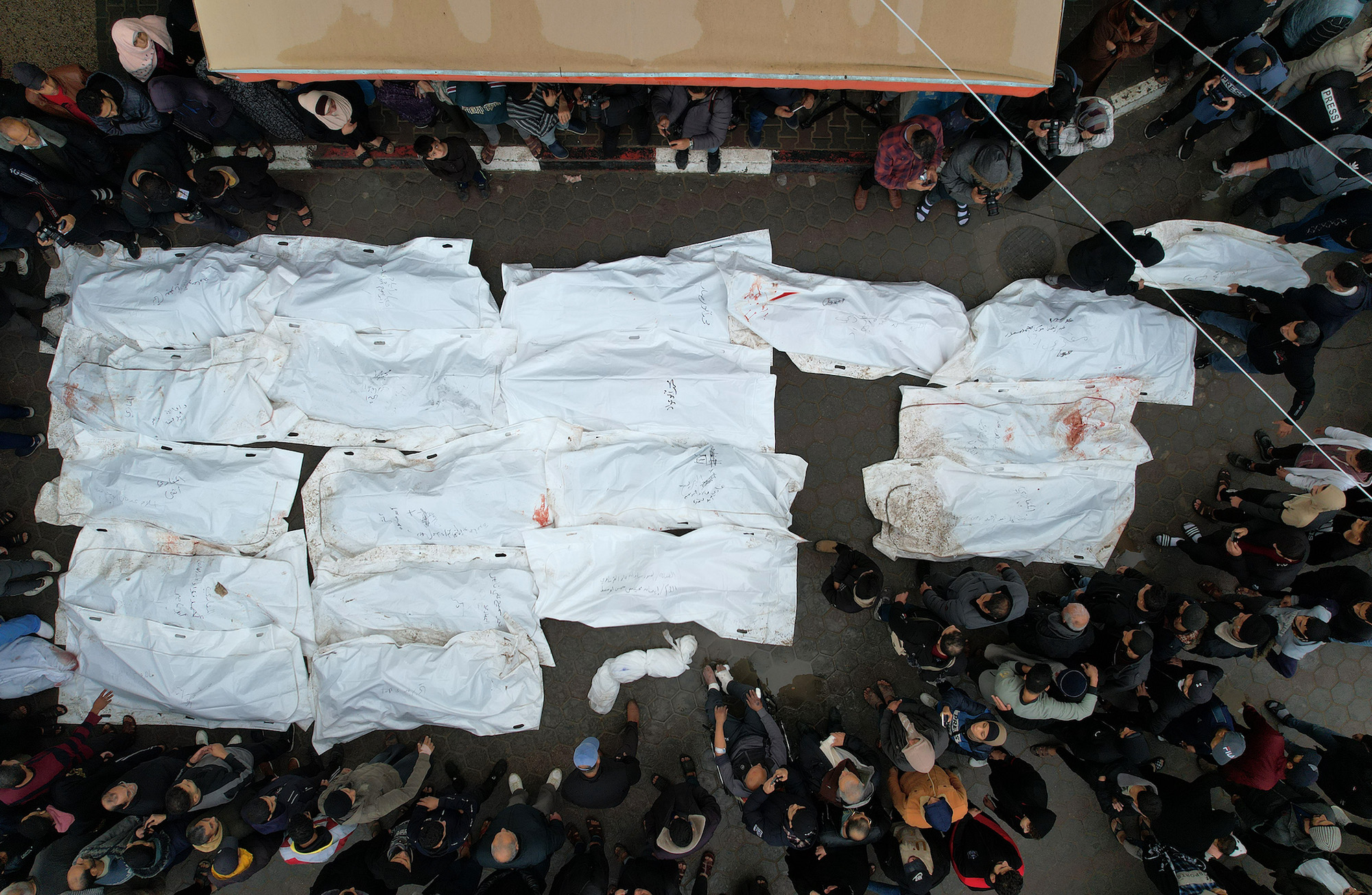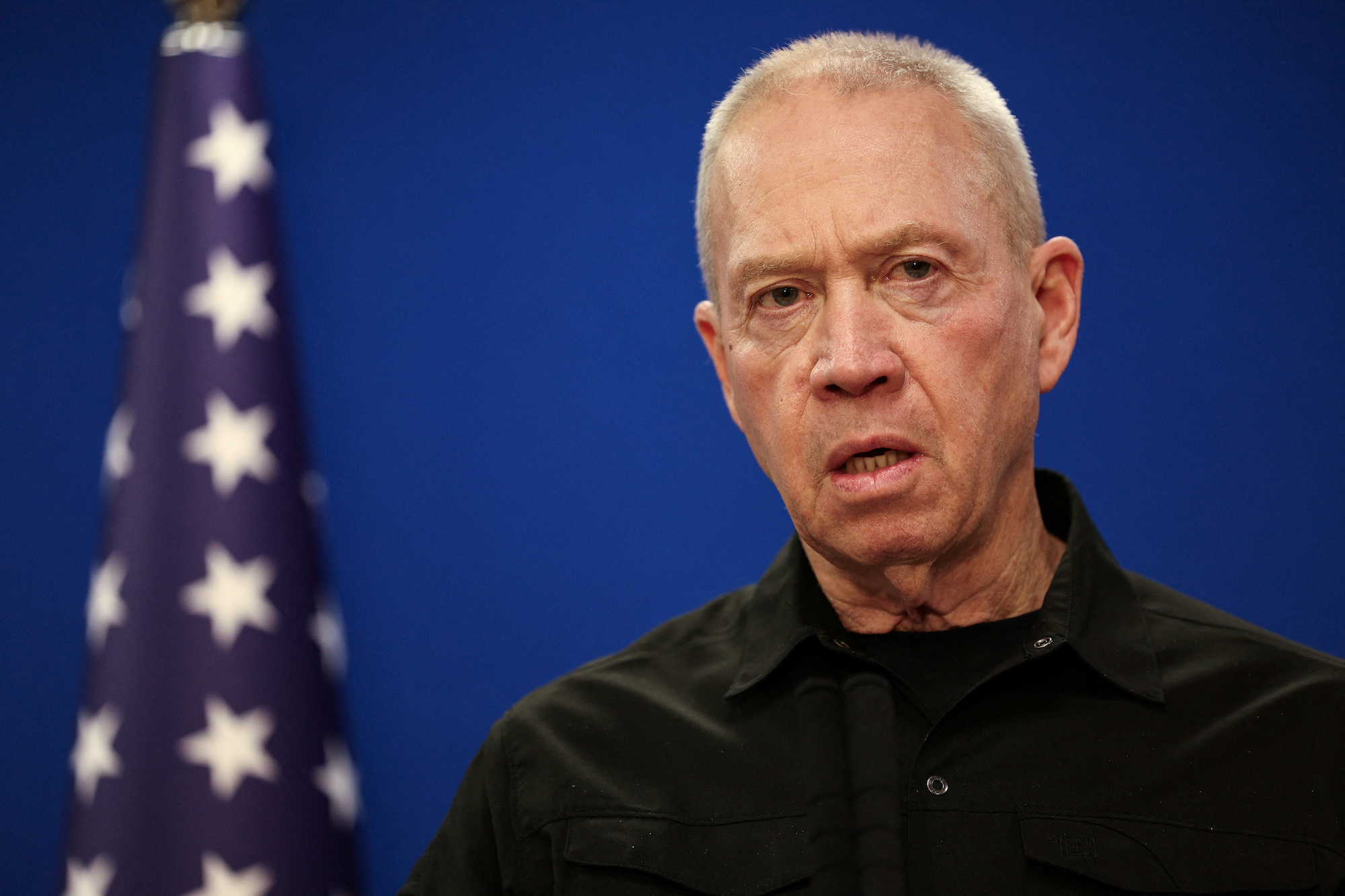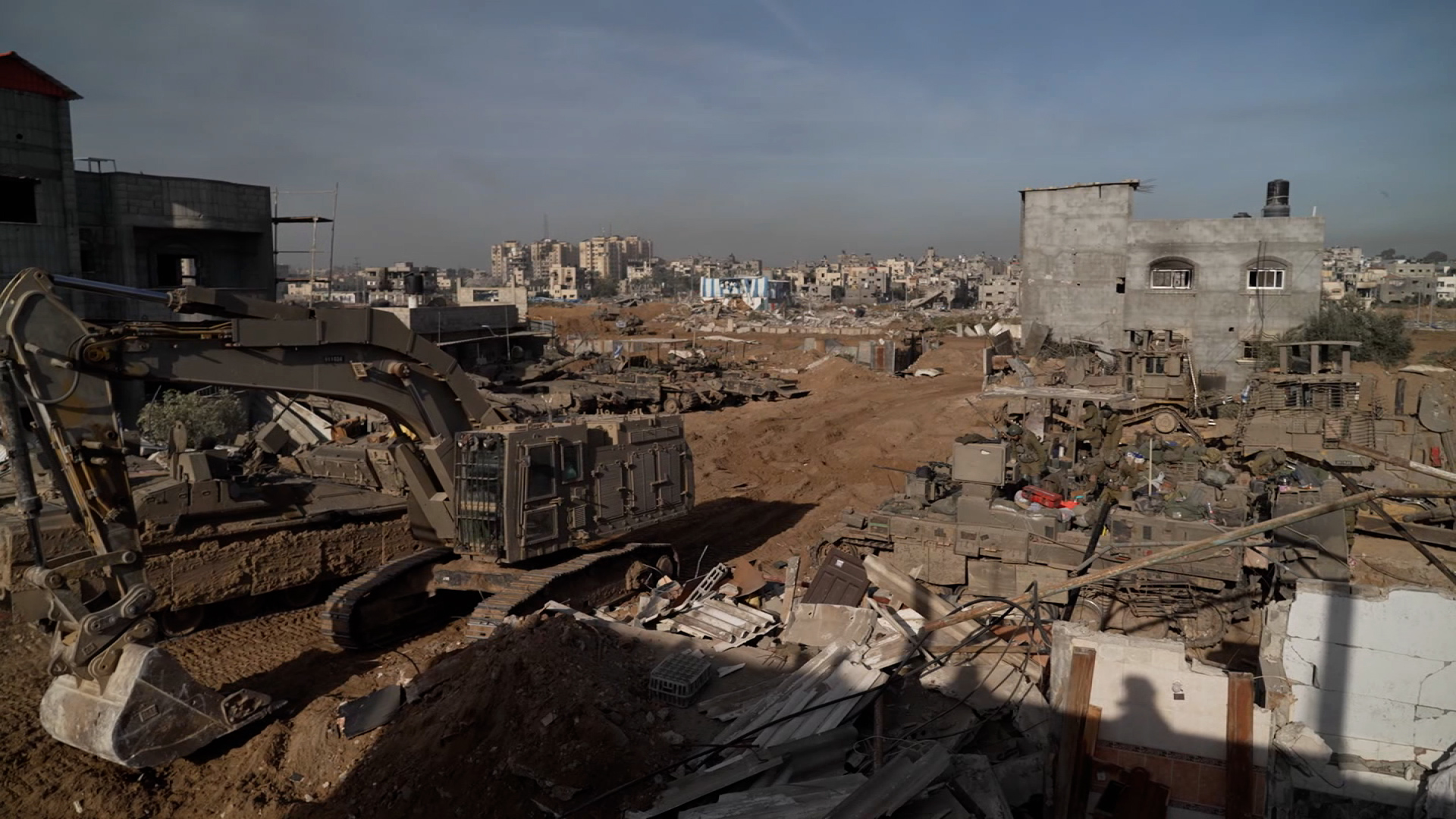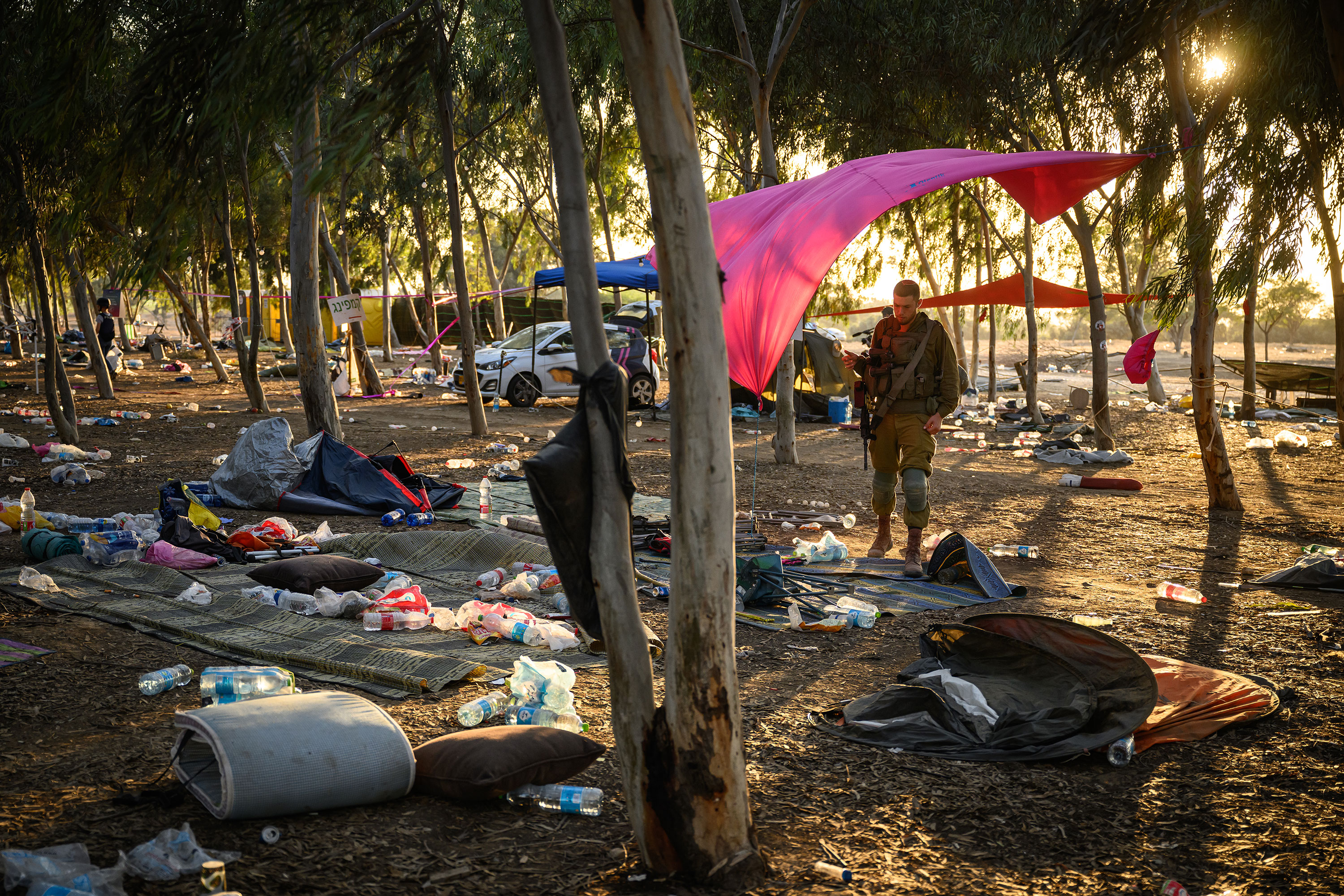
A British surgeon who led an emergency medical team at the Al Aqsa Hospital in central Gaza said the situation at the hospital in the past two weeks has been “beyond any doubt the worst thing” he’s ever seen in his medical career.
“I think it's fair to say I've never seen anything like this. And I never expect that in my life I would see such an appalling situation,” Dr. Nick Maynard told CNN’s Isa Soares in an interview on Monday.
Maynard described brutal situations of “multiple traumatic amputations of children, and as I said, horrific burns, the likes of which I've never seen before,” the doctor said. He added that often “there is no pain relief to give to these patients at all.”
The Israel Defense Forces (IDF) said Hamas hides terrorist infrastructure in and around civilian institutions in Gaza, such as hospitals, and that targeting them is essential as it works to eliminate Hamas from the Gaza Strip.
Israel has also said some hospitals are being used as command centers but has provided limited evidence to support that claim. The IDF’s operations are contentious, with humanitarian organizations saying medical facilities in Gaza are unable to provide basic services.
“I've been going to Gaza for nearly 15 years now, I've many friends who work in hospitals there. There are many examples of hospitals being attacked. In the last two days since I left Al Aqsa hospital, there have been attacks on the hospital,” the doctor said.
Maynard told CNN that he and his team found themselves with no choice but to withdraw from the hospital, in light of the increasing Israeli military activity at the hospital.
The British surgeon had been in Gaza for two weeks, an experience he described as “frightening.”
“Multiple children being brought in, some only a few months old, with horrific burns. Many of them dead. We see a large number of bomb victims, affecting predominantly the limbs, many amputations. But also, many thoracic and many abdominal injuries,” he said.
Speaking from the Egyptian capital of Cairo, Maynard said he found it difficult to leave the hospital on Monday.
“There was an attack on the intensive care unit,” he said. “We were due to leave it about that time anyways but the following morning, the whole area was taken out of the de-confliction, and we were told by the Israeli Defense Forces that we would not be able to go."
CNN has reached out to the Israeli military for comment but has not heard heard back.
The doctor said his organization, Medical Aid for Palestinians (MAP), and Doctors Without Borders, also known as Médecins Sans Frontières (MSF), were both operating at the hospital but “both sets of foreign doctors had to leave."
As Maynard and his team left Gaza for their safety, he now fears the lack of personnel left at the hospital.
“In the surgery department, on one of the days last week, there was one local surgeon and two of us. And we hear, subsequently, that the majority of those have gone. So, I fear there are not enough staff to run the hospital in any form at all now," he said.








